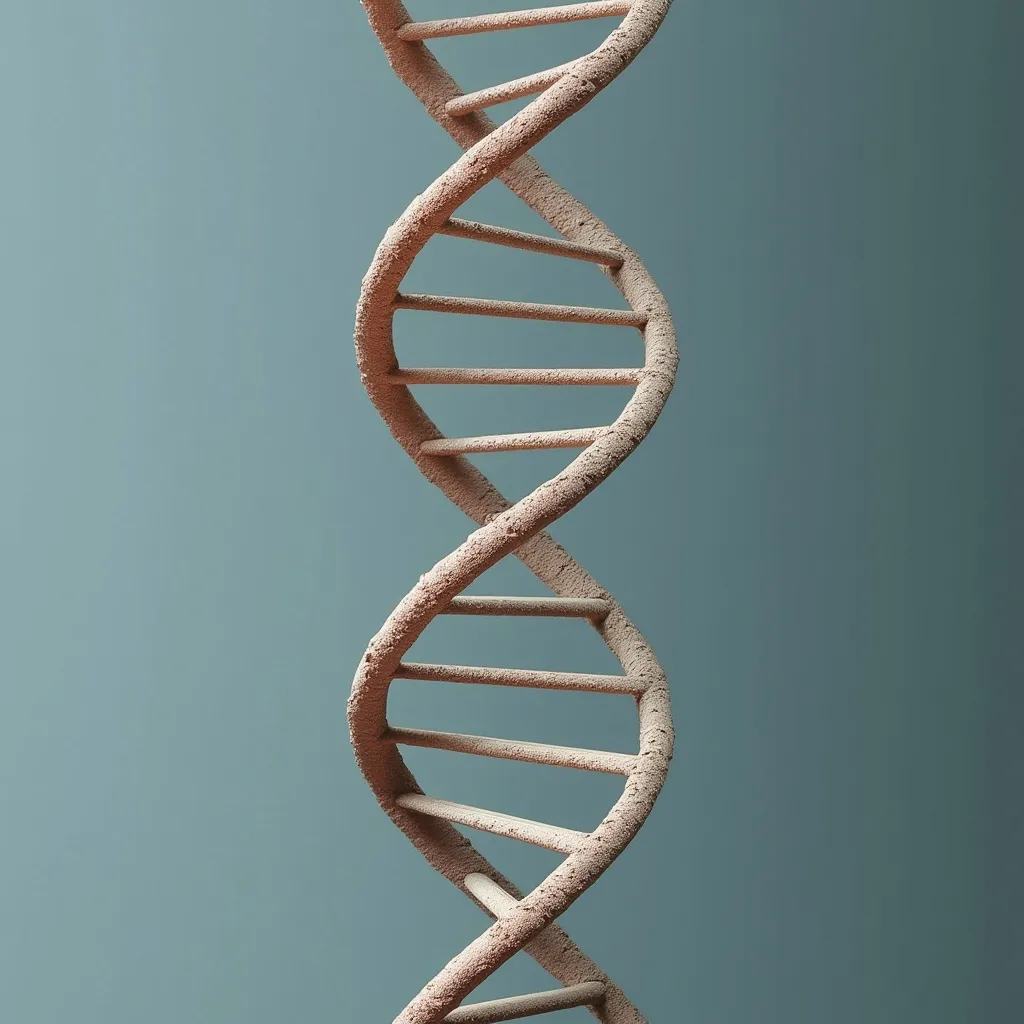Heritage DNA Test: Understanding Your Ancestral Roots
Testing your DNA to learn about your ancestral heritage has become an increasingly popular endeavor. With the advent of advanced genetic testing technology, many people seek a deeper understanding of their family history and cultural heritage. Heritage DNA tests promise insights into ancestral origins and can illuminate your genetic composition. This comprehensive guide delves into the world of heritage DNA testing, what you should expect, and how it can broaden your understanding of ancestry.
What is a Heritage DNA Test
A heritage DNA test is a type of genetic analysis that assesses your DNA to provide estimates about your ethnic background, ancestral origins, and possible migratory patterns of your ancestors. By examining specific markers across your genome, these tests categorize and compare your genetic data against extensive databases, correlating your unique genetic profile with broader historical and geographical populations.
How Heritage DNA Tests Work
Heritage DNA tests work by analyzing specific regions of your DNA known as markers. These markers come from autosomal DNA, which is inherited equally from both parents, providing a comprehensive view of ancestry. When submitting a sample, usually saliva or a cheek swab, a laboratory processes the data through comparison algorithms against a reference database. This database contains genetic markers associated with defined population groups worldwide. The results usually present your genetic heritage as a percentage breakdown of various ethnic and regional contributions.
The Science Behind DNA Markers
Understanding the role of DNA markers can provide clarity on test mechanisms. DNA markers are variations within the DNA sequence they highlight diversity among human populations. Autosomal markers are of particular interest for heritage testing because they offer a broad range of ancestral signals. Also, mitochondrial DNA, passed from mothers to their children, and Y-chromosome DNA, passed from fathers to sons, can be explored, offering insights into direct maternal and paternal lineages.
Potential Insights from Heritage DNA Testing
Heritage DNA tests reveal insights into your geographical roots by connecting DNA markers to historical human populations. You might learn about ancient migrations, cultural affiliations, and unresolved questions regarding your ancestral past. Some tests can offer insights into associated migratory patterns, offering a narrative about how your ancestors might have moved across continents over centuries. Such insights can foster a stronger connection to heritage, reframe genealogical narratives, and invigorate cultural affinity.
Interpreting Your Results
When interpreting results, consider that heritage DNA tests provide estimate-based demographics. Results are presented as percentages linked to broad global regions. These percentages indicate genetic similarity to particular reference populations but are not definitive proof of ethnic or national identity. Factors like population assumptions, database size, and frequency of reference population updates can influence test accuracy. Understanding these factors should contextualize results within broader genealogical research other conventional research and personal history resources can complement findings.
Are All Heritage DNA Tests Equal
Not all heritage DNA tests offer uniform results, as they depend significantly on their reference databases and methodologies. Different companies use distinct databases, algorithms, and sample populations, leading to variations across results from multiple tests. When selecting a test provider, consider factors beyond cost and turnaround time. Database size, detailed ancestral regions, and customer features can influence your decision. Test kits provided by reputable services like ChatDNA enable users to reuse DNA results for further health and wellness exploration.
Considerations and Privacy Concerns
Before opting for a heritage DNA test, assessment of privacy policies and data handling processes taken by companies is prudent. Genetic information is sensitive, and understanding how it is stored, shared, and utilized is vital to safeguarding your privacy. Most companies offer secure data storage and allow users to control the extent of data sharing. Reading privacy agreements closely ensures informed decision-making regarding your genetic data's use and accessibility.
Conclusion
Heritage DNA tests offer a lens into your ancestral past, providing both expected results and surprising insights. Insights gathered can underpin genealogical pursuits and enhance your understanding of family background. However, recognizing results as estimative allows you to integrate them with broader research, leading to a more holistic view of your heritage. Taken together, heritage testing uncovers the fascinating threads that weave the tapestry of your ancestral lineage.
Meta Description
Explore the world of heritage DNA testing with insights into how these tests work, the science behind them, and how they can enrich your understanding of ancestry. Learn about potential insights, interpretation of results, and considerations before testing.
What is ChatDNA?
ChatDNA can analyze your DNA to answer any question. When you ask a question it will provide clear explanations and meaningful insights about who you are at a genetic level.
You can import existing DNA results from all major services like 23andMe and AncestryDNA or purchase a new DNA test kit through ChatDNA.
ChatDNA is especially valuable for anyone interested in:
- Understanding how their genes influence health and wellness
- Learning about their unique genetic traits
- Discovering personalized insights about their biological characteristics
- Getting clear, conversational answers to their DNA-related questions
Ready to get answers about your DNA? Visit ChatDNA.co to get started.
